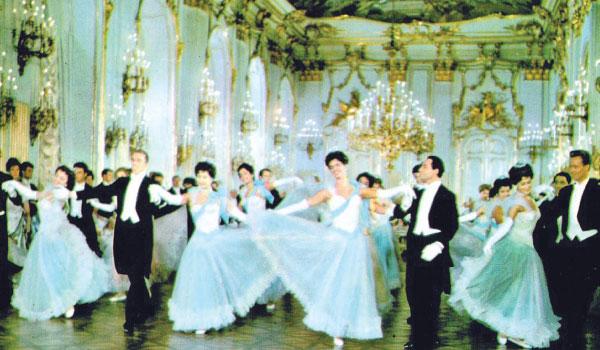
Johann Strauss junior also known as Johann Strauss II was a famous composer, conductor and violinist. He wrote many waltzes which became very popular and was therefore called the ‘King of the Waltz’. Perhaps the most famous of his waltzes is the beautiful Blue Danube (An der schönen, blauen Donau). Other than waltzes he composed marches, quadriiles, operas and a ballet. His father, Johann Strauss senior (Johann Strauss I) was also a famous composer.
Johann junior was born on October 25, 1825 in Ulrich, near Vienna, Austria. When the time came for him to choose a career his father wanted him to become a banker but his mother encouraged him to continue with his music.
Johann did not obey his father but secretly studed violin lessons under Franz Amon who was the leader of his father, Johann Strauss’s orchestra. Strauss also studied under theorist Prof. Joachim Hoffmann, who owned a private music school. Composer Joseph Drechsler, taught him exercises in harmony, and believed in Johann Strauss junior’s talent. He then changed teachers and started studying the violin under Anton Kohlmann.
Johann junior formed his own orchestra at the young age of 18 and when father Johann Senior died in 1849 combined both the orchestras with himself as the conductor.
He was awarded the title k.k.Hofballmusikdirektor which in English means the Musical Director of the Court Ball.
Strauss’s debut was at Dommayer's in October 1844. He performed some of his first works, such as the waltzes Sinngedichte, Op. 1 and Gunstwerber, Op. 4 and the polka Herzenslust, Op. 3. The audiences and critics loved his compositions and praised him greatly.
 Johann junior and his orchestra was very popular among the rich in Vienna and he and his brothers Josef and Eduard had the control of Viennese balls and parties. The orchestra was very much in demand during the carnival time in Vienna when many balls were held.
Johann junior and his orchestra was very popular among the rich in Vienna and he and his brothers Josef and Eduard had the control of Viennese balls and parties. The orchestra was very much in demand during the carnival time in Vienna when many balls were held.
They toured much of Europe and played at many places. When they visited Russia they played some music composed by the famous Russian composer Tchaikovsky.
Johann Strauss junior also wrote two light hearted operas or operettas as they were sometimes called due to their light heartedness. They were Die Fledermaus (The bat) and the Zigeunerbaron (Gypsy Baron). These two are full of light music and jokes.
He married the singer Henrietta Treffiz in 1862 and after her death married actress Angelika Dittrich.
Strauss fell ill with pleuropneumonia, and died in Vienna on June 3, 1899. He was 73 years He was buried in the Zentralfriedhof.
